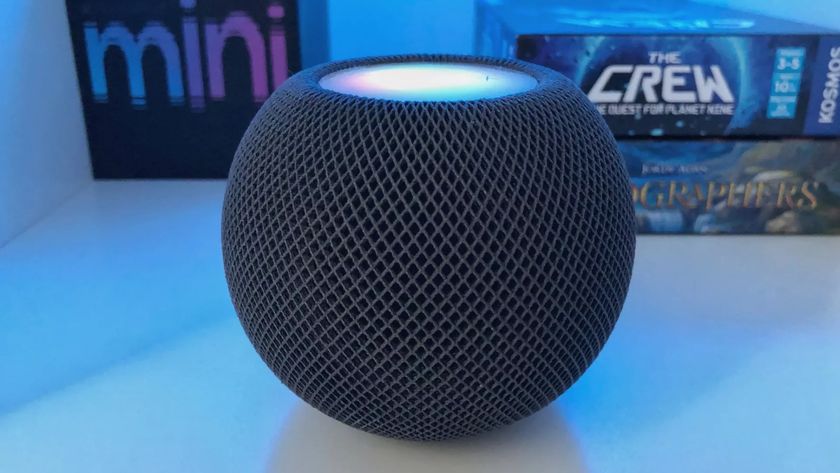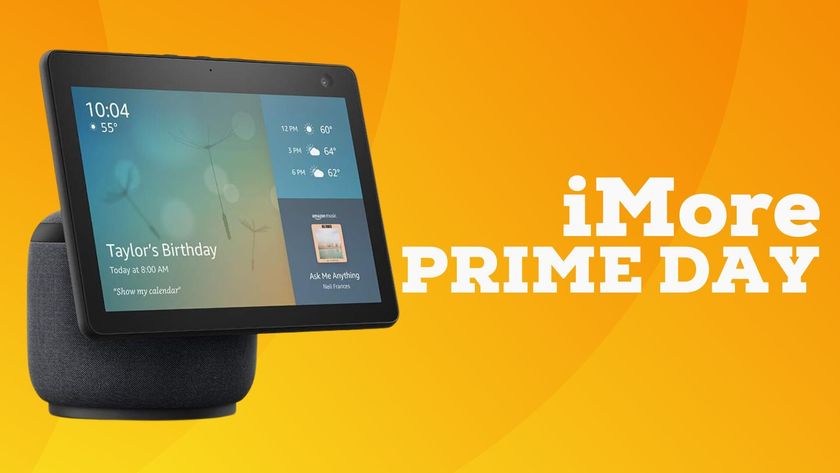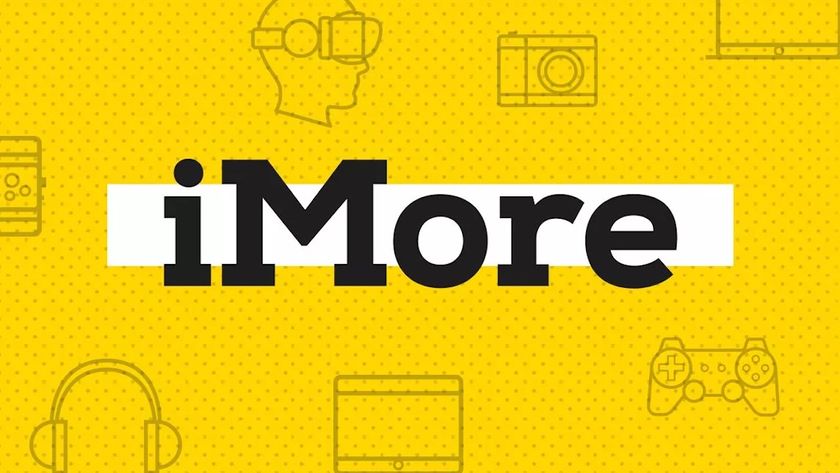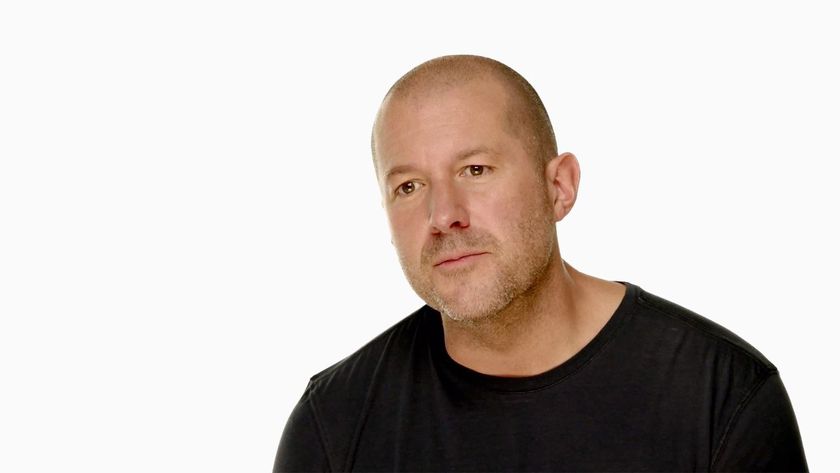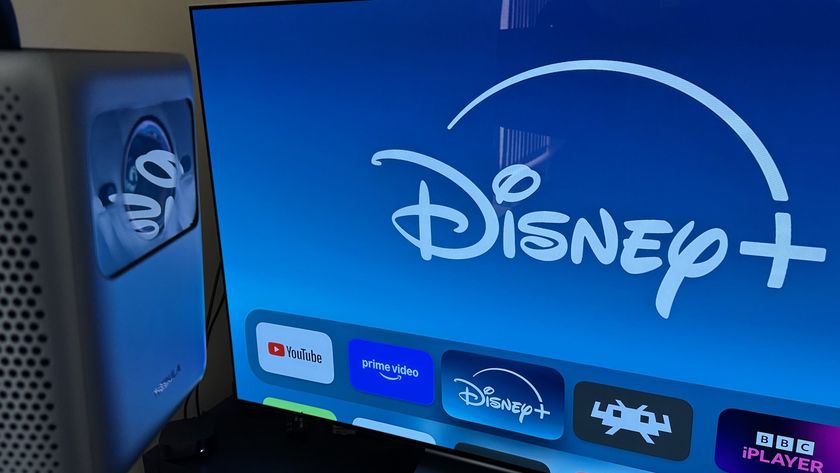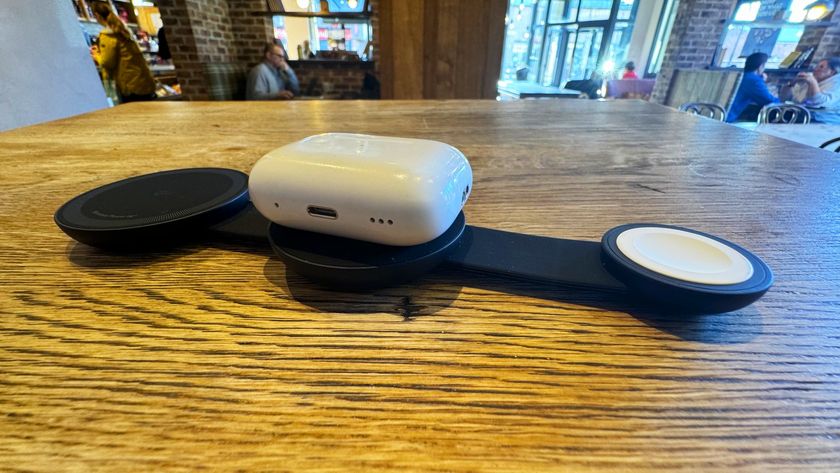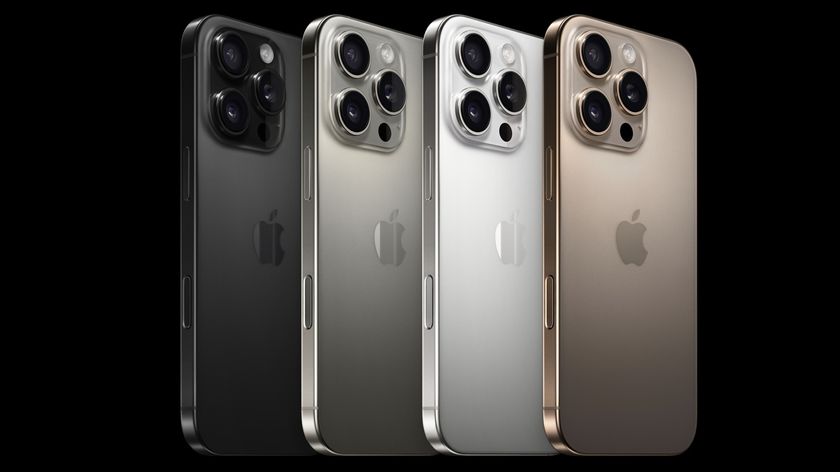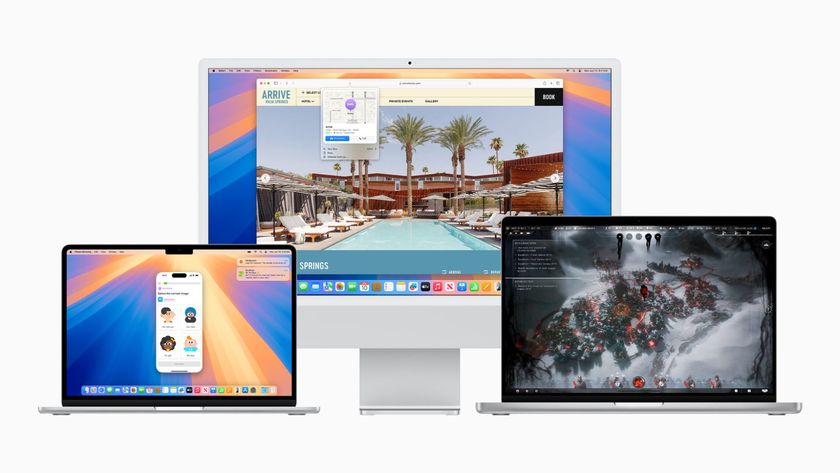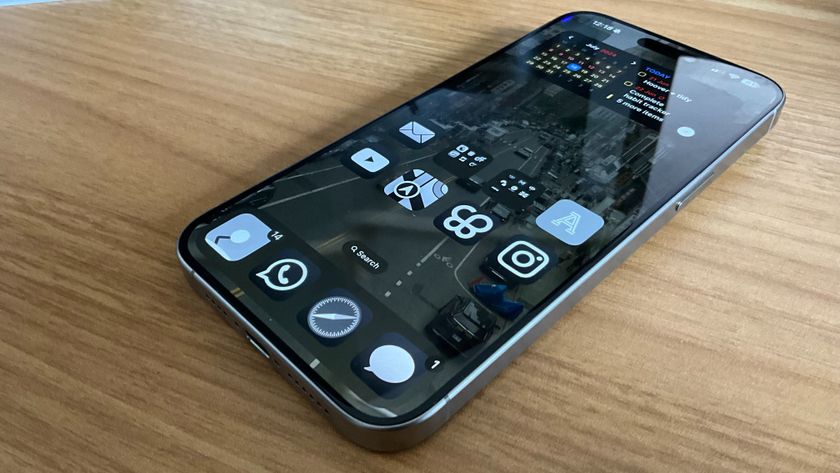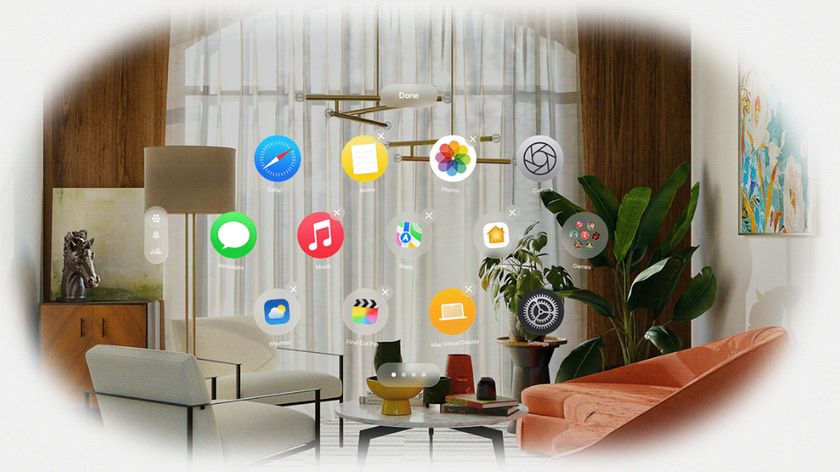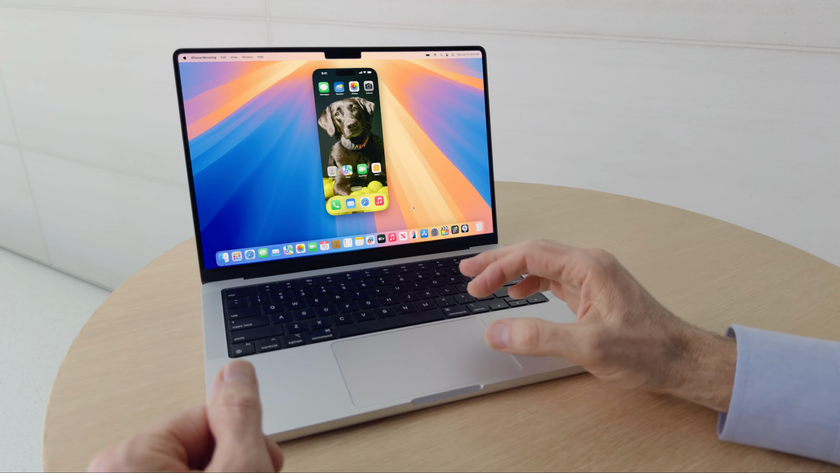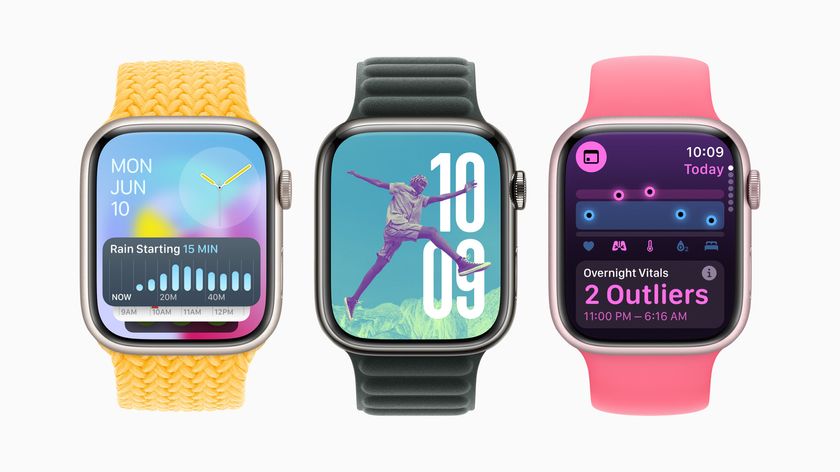Understanding HomePod
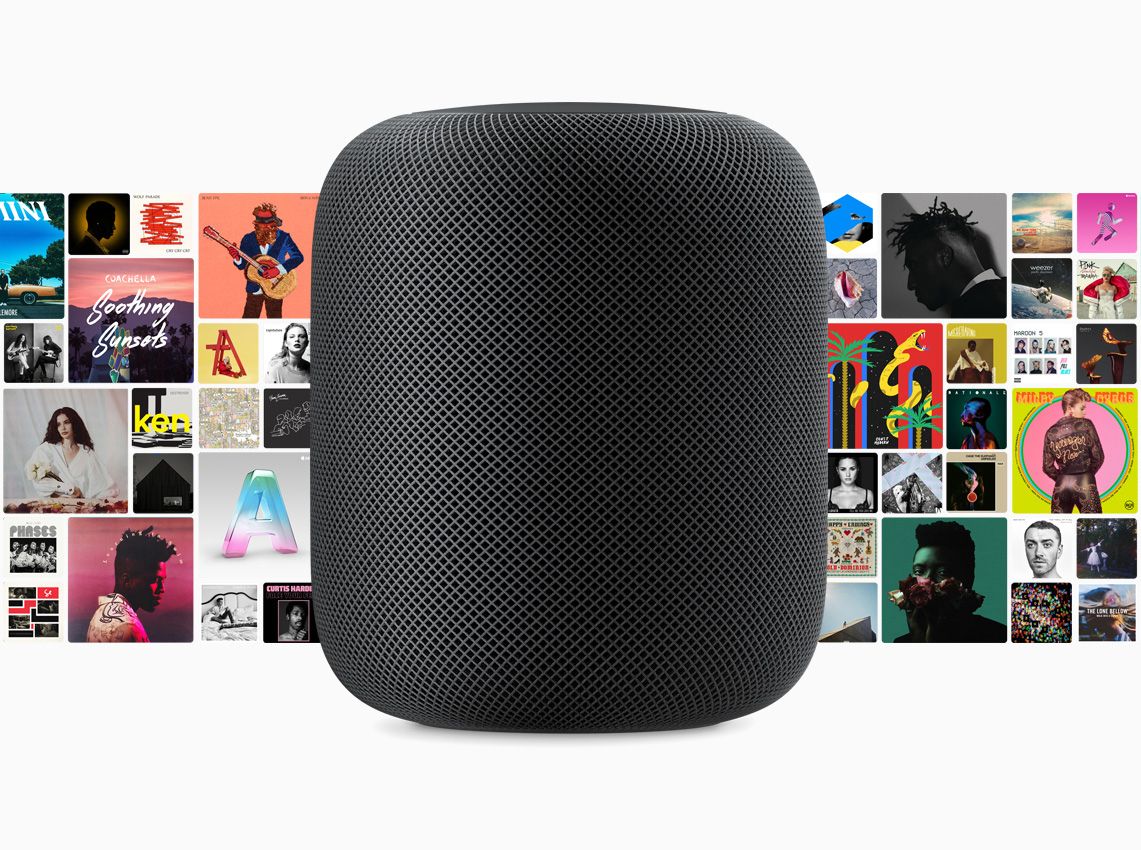
HomePod was never designed to be an Amazon Echo or Google Home competitor. Like MacBook Air was never designed to be a netbook competitor. They absolutely have some characteristics in common: HomePod is a speaker you primarily control with your voice and MacBook Air was small and light. But HomePod is no more a $50 home assistant than MacBook Air was a $200 laptop.
Amazon — who's Fire Phone wasn't a hit — needed to get a lot of Alexa into a lot of lives to help increase the stickiness of Prime. The priced-to-move Echo was a brilliant way to do that. Google, which needs to be everywhere and do everything to feed its unquenchable data thirst, was equally brilliant to follow fast.
HomePod was thought... different. Just like AirPods were designed to be the easiest and best way to enjoy your Apple audio with you on the go, HomePod was designed to be the easiest and best way to enjoy your Apple audio in your living room or kitchen.
With AirPods, the lack of wires and surface area to mount traditional hardware buttons made near-field Siri voice controls the obvious way to enable a robust interface. With HomePod, the desire to avoid getting up to cross the room or reaching for another device every time you wanted to control it made far-field Siri just as obvious a choice for interface.
There's a large overlap between the two types of product, but the market for people who want a great sounding speaker and are willing to pay for it, and those who want a great voice assistant for as little money as possible is by no means identical.
I tweeted as much almost a week ago:
HomePod was never designed to be an Echo or Google Home competitor.
It was designed to be yang to the AirPods' yin.
Apple intended Air*Pods* to be the best way to listen to your audio on the go.
Apple intends Home*Pod* to be the best way to listen to your audio at home/work.HomePod was never designed to be an Echo or Google Home competitor.
It was designed to be yang to the AirPods' yin.
Apple intended Air*Pods* to be the best way to listen to your audio on the go.
Apple intends Home*Pod* to be the best way to listen to your audio at home/work.— Rene Ritchie (@reneritchie) January 26, 2018January 26, 2018
Certainly, many in the media and even many consumers will think of them as competitors — and Apple has even done demos pitting them against each other in music tests. But it makes what should be a simple purchasing decision into a needlessly complex one.
Master your iPhone in minutes
iMore offers spot-on advice and guidance from our team of experts, with decades of Apple device experience to lean on. Learn more with iMore!
- If you're all in on Apple Music and/all AirPlay, want a great sounding speaker, and think $350 is more than reasonable for something that sounds as good as traditional speakers costing twice as much or more, you'll probably love HomePod.
- If your all-in on Amazon or Google, and want an inexpensive voice assistant for one or more rooms in your house, then Echo or Home is a steal.
You can absolutely AirPlay any other audio service or source from your iPhone, iPad, or Apple TV to AirPod, so you're not exclusively bound to Apple Music and iCloud Music Library (including tracks you've matched from your own library), but those will be the best, most integrated experiences at launch.
So, if you expect Echo or Home to sound as good as a more expensive speaker with tremendously good computational audio technology, or you expect HomePod to be as cheap or interface with as many services as Amazon or Google, you're not going to be happy. You really have to pick the device that best suits your wants and needs.
Apple's senior Vice President of worldwide marketing, Phil Schiller, in an interview with Sound & Vision put it this way:
We look at every product the same way, through a lens of what's going to make this an incredible user experience. We try to create these products, like we did with AirPods, to solve a specific problem, and the same philosophy has gone into HomePod. You don't need to understand how a speaker works or how to speak with Siri, you can simply place HomePod anywhere in your home and start listening to the music you love, and it will sound great.
That's how to understand HomePod.

Rene Ritchie is one of the most respected Apple analysts in the business, reaching a combined audience of over 40 million readers a month. His YouTube channel, Vector, has over 90 thousand subscribers and 14 million views and his podcasts, including Debug, have been downloaded over 20 million times. He also regularly co-hosts MacBreak Weekly for the TWiT network and co-hosted CES Live! and Talk Mobile. Based in Montreal, Rene is a former director of product marketing, web developer, and graphic designer. He's authored several books and appeared on numerous television and radio segments to discuss Apple and the technology industry. When not working, he likes to cook, grapple, and spend time with his friends and family.
